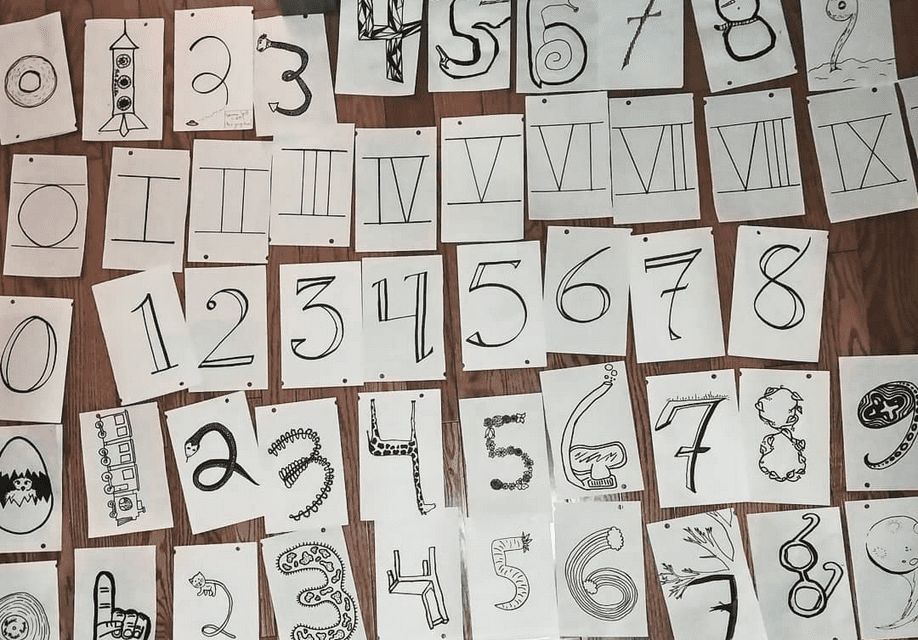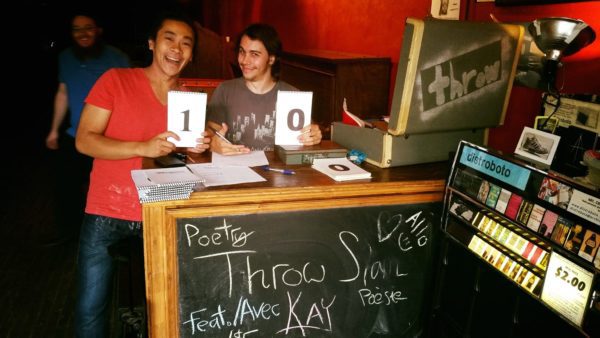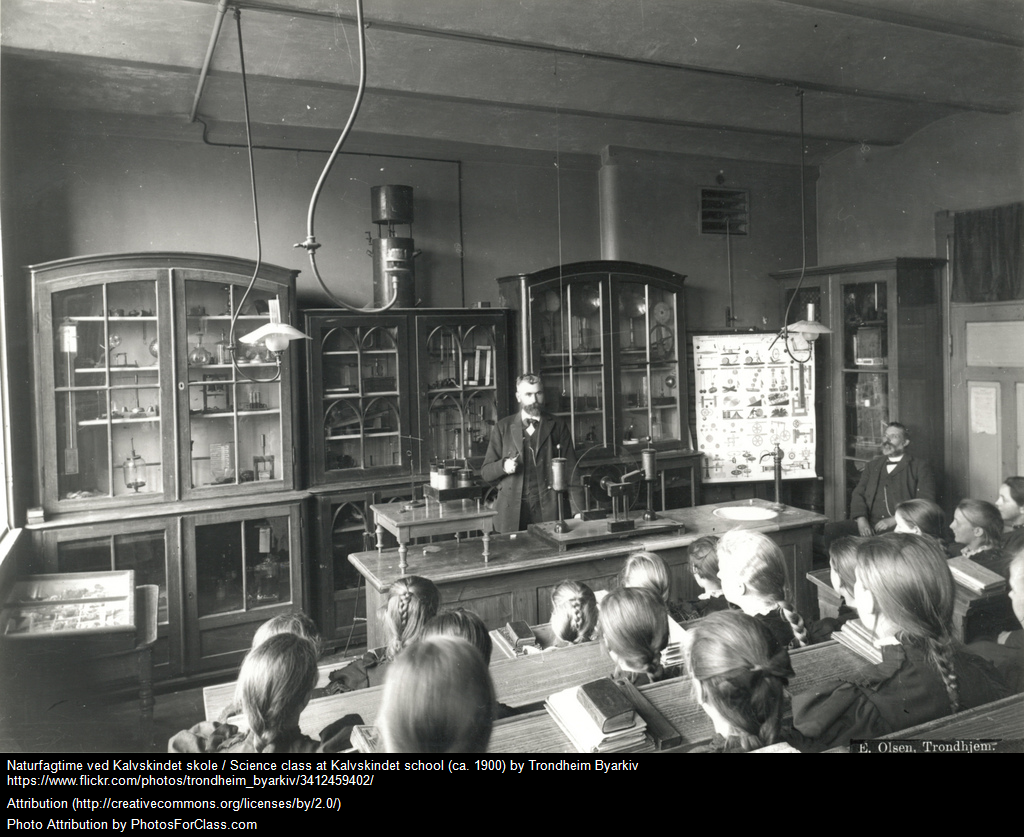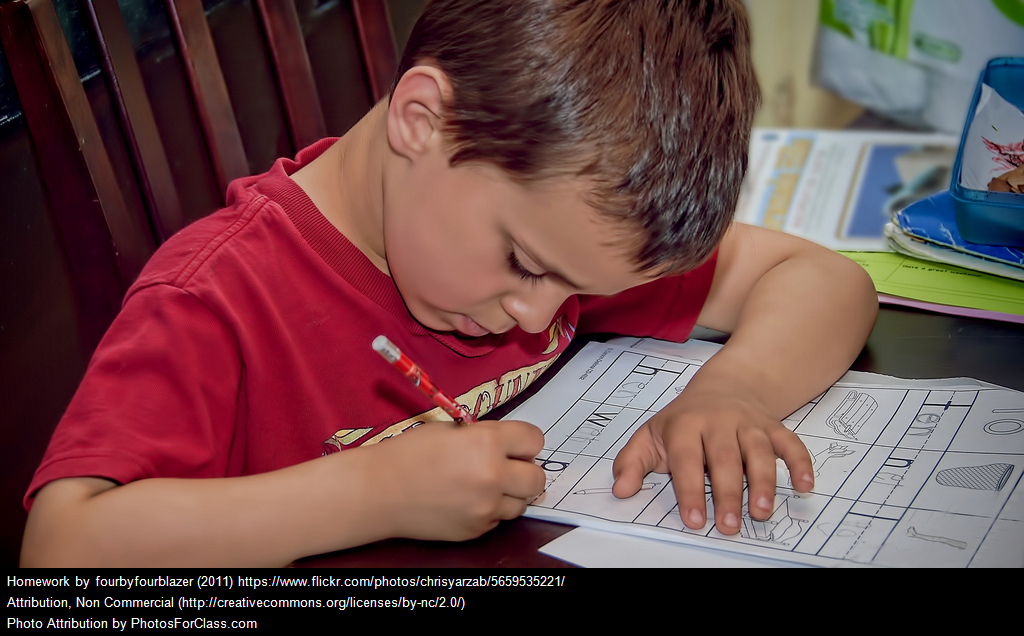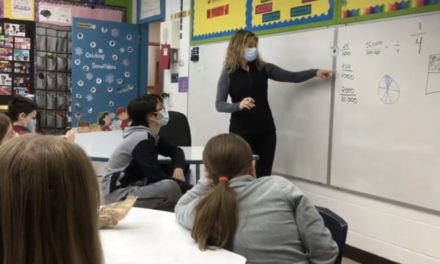This post was co-written with Michael Clarke
I want to highlight the work of great English Language Arts teachers in Quebec who are integrating slam poetry and spoken word as a teaching strategy into their English Language Arts curriculum. From the (virtual) student performances I’ve seen, teachers engaged in this work are demonstrating what is possible in Quebec classrooms.
This past May 6th, I had the pleasure of organizing and co-hosting an online Quebec Youth Slam with my colleague at LEARN, Michael Clarke. It featured spoken word artists (grades 7 – 11) from four different English School Boards: English Montreal, Riverside, Eastern Shores, and Lester B. Pearson. We worked with teachers to run competitions (aka ‘a poetry slam’) between classes in a school or between schools within a board.
You may be wondering, what is a slam? How do you compete with poems and why would you?
A Primer on Spoken Word & Slam
Spoken word is an umbrella term for many types of aural performance. For instance, poetry, rap, a cappella, and even narrative storytelling could all be considered a type of spoken word. The word ‘slam’ literally means ‘competition’ and so a ‘poetry slam’ is an invitation to spoken word artists to perform poems. We’re working with loose definitions here so poems tend to be diverse. Over time, a ‘slam poem’ archetype has emerged that often focuses on emphatic delivery and personal, political, or emotional subject matter. You will find that each city has its own ‘flavour’ of poetry.
Slams revolve around a few simple rules: poems must be original, timed (3 minutes or less), and performed live in front of an audience. After every poem, judges that are randomly selected from the audience use score cards to evaluate poems out of ten. The audience is encouraged to sway the judges through cheers and jeers and the judges are implored to stay consistent throughout the show. At the end, winners are crowned.
It used to be that cities across Canada would hold an entire season of poetry slams to determine a team of 5 poets who would represent the city at the Canadian Festival of Spoken Word. Sadly, that tradition ended in 2019 but the spirit of slam lives on.
In a bid for authenticity, we invited three students and one professional poet, Liana Cusmano, to judge using virtual score cards programmed by Michael in Scratch. He knew Liana through the Throw! Poetry Collective, a non-profit organization that has been running poetry slams in the city for over a decade (full disclosure: Michael is currently the president). Throw! and organizations like it (links below!) give us examples of how participation in a slam is not limited to performing but often involves a community of artists and volunteers working together.
It takes a village
We applaud the young poets who demonstrated such a strong command of the language, their voice, and the message they wanted to convey. We also want to shine a spotlight on the teachers who prepared the technology (at one point, changing rooms between performances to improve the internet connection!). They ensured students had a chance to participate in the slam. I am inspired by the way they scaffolded the writing process so students were empowered to develop a polished piece for an authentic audience.
It felt great to bring youth together online, busting past the limitations of geography. Even pre-pandemic, it was not exactly common for a student from the Eastern Shores School Board and the Riverside School Board to hear each other’s writing. The entire performance was livestreamed to Youtube so that friends, family, and peers could cheer the poets on. Some of the poems are available to watch below.
The education guru John Spencer highlights the spin-off benefits that materialize when students know that people other than the classroom teacher are being communicated to. “The bold and fearless creative work” was on full display throughout the hour and a half – featuring 12 individual poets and 5 group poems (12 performers in all).
Mitch Resnick (2017) wrote about the 4 P’s of Creative Learning in his book Lifelong Kindergarten, in which he described the high-quality learning that can emerge from playing, especially when play is designed as part of a project with peers that has purpose for the learners. Poetry frees writers to play with language and provides an opportunity to speak with purpose. Poems don’t always come easy and so they make for natural projects, as a piece is revised for the page or the stage. Poems sometimes really don’t come easy and they need support from peers to explore certain issues.
In times of great change, it is radical to insist on the status quo
Beyond the amazing opportunity to leverage technology to foster authentic performance, I find immense value in hearing the voices of youth and, as an adult, hearing what is important and urgent in their minds. Listening to these voices provides cues as to the types of projects, topics, and partners teachers and school staff can attune themselves to and facilitate resources and spaces for youth to be supported as they mature into young adulthood.
A recurring mantra of the slam was:
It’s about the poetry and not about the points
From our perspective, so much of the success was performing a polished piece of poetry with fabulous energy and emotion.
Why spoken word?
At the end of the slam, while the scores were being tallied, I asked participants why they thought spoken word was valuable as part of their school experience.
A student from EMSB volunteered her thoughts. Reflecting that the day before her poem was due, half expecting to write up something mundane “about boats or something”, she said she had an experience that “I was so angry about. I was writing and writing and writing…and this was my poem right there…It’s just such a nice way to express myself…instead of taking my anger out on the person. Writing about it is therapeutic”.
Poems written for slams often take the form of a confession, like a page in a diary, but here was a poem about the light-hearted (and yet, frustrating!) drama of romantic flirtation.
Liana Cusmano, a poet who offered to help judge, reflected on the potential for poetry to be a medium for self-discovery and, for those willing to share, a chance to relate and be related to.
“Spoken word is such a great way to be in touch with your own feelings. The difference between writing something down and having it just be for you and performing it as spoken word in front of a crowd means that, on top of feeling your own feelings, you also get to share your feelings with a community and they can reflect those feelings back to you. So, you understand yourself better and you express yourself and realize you are not alone. You feel that as a performer when you perform, but also as an audience member when you watch. You can pick out and recognize in other people’s pieces, ‘oh I feel that too‘ or, ‘that also happened to me and it makes you feel like you’re part of something that’s bigger than you‘”.
These reflections really resonated with me because a few weeks ago I shared a blog post about eco-anxiety. A key takeaway was the importance of providing youth the opportunity to express themselves and to talk about their feelings.
As I wrote: “In the context of climate anxiety, supportive measures would come in the form of having one’s feelings and views heard, validated, respected, and acted upon, particularly by those in positions of power, accompanied by collective pro-environmental actions.”
I realize now how influential spoken word could be for student expression as fostered by intrepid English Language Arts teachers in Quebec. This beautiful genre gives permission for students to communicate their feelings, to share a message and to stir emotion among their peers and adults in their lives.
What’s on their minds?
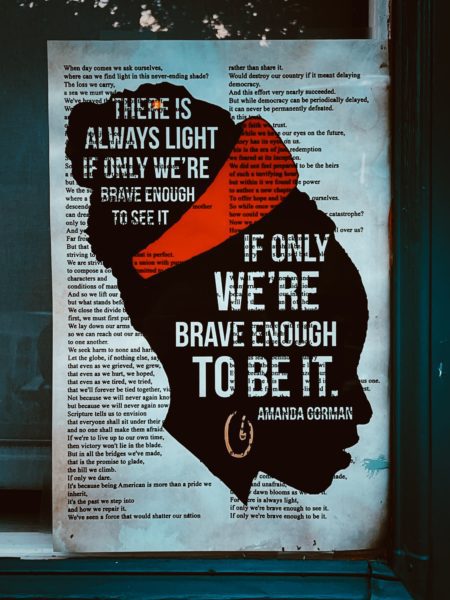
Amanda Gorman delivered a poem at Biden’s inauguration
As the title indicated, this was the second annual poetry slam. One year ago, I was struck by the number of poems that dealt with gender-based violence, in step with the #metoo movement. This year, similar themes were presented as well as discussions about the pressures of school, self-confidence and body image, LGBTQ+ identity and empowerment, and even romance (or lack thereof).
I invite you to view different pieces and appreciate the performance and writing by youth in our English Speaking School Community. On one level, the performances are wonderful demonstrations of students accomplishing long-term learning objectives. Every moment of these poems highlights the effects of hard work, persistence, and of endless practice, practice, practice.
I was also inspired by the idea that youth can respond to youth writing. The pieces were authentic and truly contemporary, capturing the zeitgeist of the moment. For instance, the group poems were really evocative. They are rare in the poetry world, as Michael would attest, and I can see why. It looks like a lot of work to bring all of that together.
This year, there were five group poems and nothing speaks more to the power of this art form than watching young students coordinate their speech to deliver a single message together. This level of engagement with a text was so rich as student poets worked together to choreograph their movement and speech like actors in a play.
Watching them made me wonder: What would it look like if youth could write a response to pieces in their local and provincial community?
Why doesn’t Montreal have a poet laureate?
I especially value the collaboration between LEARN and the English School Boards to connect spoken word poets together during a year of pandemic. It is good that there was a moment of celebration while COVID aspires to keep us apart.
For teachers interested in integrating spoken word into their class curriculum, I would suggest a few entry points. There are resources available on LEARN and a wonderful podcast where I interview a teacher from Marymount Academy. The MEQ’s Literacy Today site features great QEP connections and tapping into the English Language Arts Networks (ELAN) Artistsinspire grant will allow you to employ the services of a spoken word artist to take you and the students through the process. Tell them LEARN sent you!
While slam poetry may be remarkable, it may not be for everyone. The vulnerability of being onstage, for instance, is a high barrier to overcome if you want to get off the page. There is immense educational and creative value in learning to express oneself and by providing modes of expression, students can share what they truly care about – what gives them joy and terror.
Fortunately, there are many “sister slams” across Canada. Many cities have known for years that youth slams are an incredible way to build community early on as part and parcel of making art. For instance, Toronto and Vancouver have had youth slams in previous years and recently, a youth poet laureate was nominated for the city of Victoria. In fact, when you look at the national map of poet laureates, Montreal has 0 representatives! How could the city of Tawhida Tanya Evanson, Moe Clark & Kaie Kellough have let this slip?
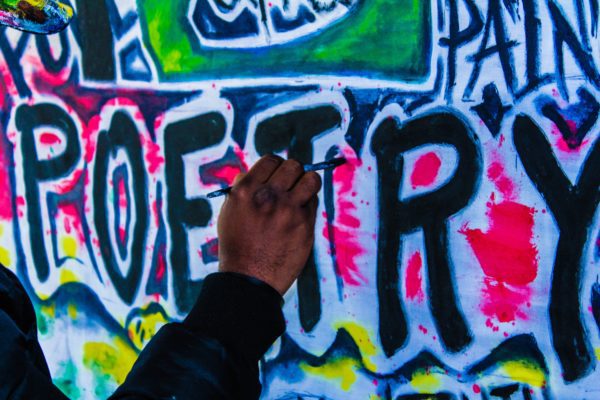 Some aspire to be a doctor, or a lawyer, but what about the students who want to be poets for their generation? Who want to speak truth to power or truths about themselves? Do the spaces exist in our schools and our society for us to raise up artists who can pen poems that shift paradigms, passions, or policy?
Some aspire to be a doctor, or a lawyer, but what about the students who want to be poets for their generation? Who want to speak truth to power or truths about themselves? Do the spaces exist in our schools and our society for us to raise up artists who can pen poems that shift paradigms, passions, or policy?
For poetry lovers looking to support their local community scene, Montreal has a vibrant poetry scene in both English and French and there are plenty of opportunities for young poets to grow into their own. Schools can be the greenhouses that sprout the seeds.
All that to say, we had an amazing time hosting the poets from across the province.
Our dream is to see more students involved so they can share their passionate voices loud enough that the adults sit up and pay attention.
Poetry Contests
-
- Accenti Magazine is having a worldwide poetry contest with a prize of $1000 for the best poem.
- The Quebec Writers Federation also recently announced cash prizes for a Quebec-based spoken word artists, storytelling artists, and literary performance artists working primarily in English.
- Poetry in Voice runs a yearly poetry contest and works to connect educators and poets.
Active scenes
-
- Throw! Poetry Collective – there’s a slam this saturday!
- Atwater poetry project
References
Resnick, M. (2017). Lifelong Kindergarten: Cultivating Creativity through Projects, Passions, Peers, and Play. MIT Press.

